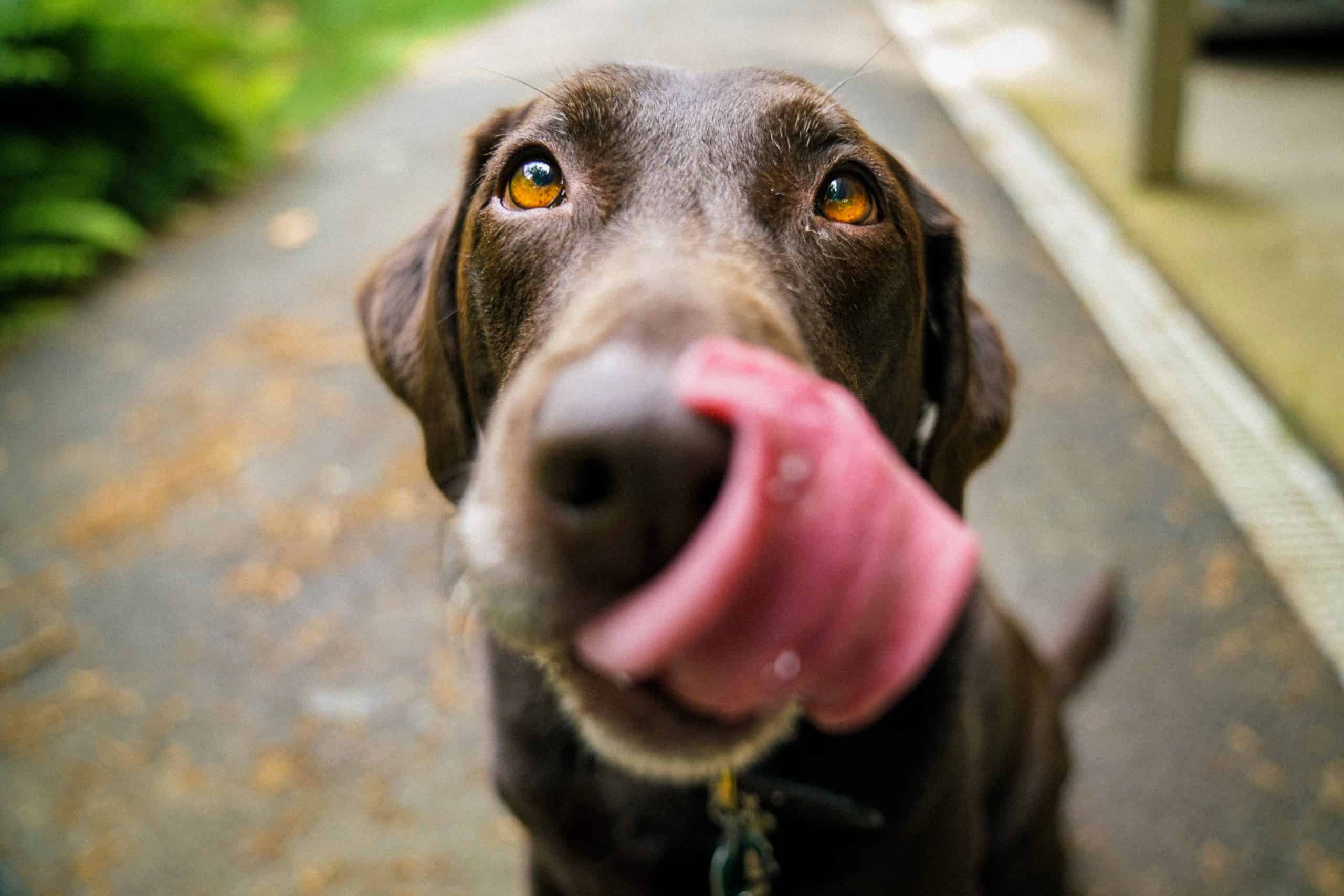Nobody likes the thought of their beloved furry friend consuming their own excrement, yet coprophagia, or the act of eating poop, is a behavior that some dogs simply can't seem to shake. Fortunately, there are ways to prevent coprophagia and keep your pup from snacking on their number twos. In this article, we'll explore the root causes of coprophagia and provide practical advice on how to stop your dog from eating poop. Whether you have a puppy or an older dog, you'll learn essential tips to keep your pooch off the poop pile for good. Let's get started!
Understanding the Causes of Coprophagia
Coprophagia is a behavior found in some dogs that can be concerning for pet owners. While it is an unpleasant thought, it does not necessarily indicate a medical or mental health problem in most cases. Understanding the causes of coprophagia can help pet parents nip this behavior in the bud.
The most common cause of coprophagia is nutritional deficiencies or imbalances. Dogs may eat their own feces if they are lacking certain nutrients, minerals, or vitamins. If a dog is on an incomplete or imbalanced diet, they may be driven to seek these nutrients out in their own poop. Post-surgical patients who are not provided enough calories or nutrition to heal may also display this behavior.
Another cause of coprophagia is boredom or anxiety. If a dog is not getting enough exercise and stimulation, they may try to find ways to entertain themselves. Eating their own poop can be a form of self-soothing. Likewise, some dogs may display coprophagia if they are anxious or stressed. If a dog is feeling overwhelmed or frightened, they may try to cope with the situation by eating their own feces.
By understanding the causes of coprophagia, pet owners can take practical steps to prevent the behavior. Providing a high-quality, balanced diet and plenty of exercise and mental stimulation can help keep dogs from eating their own poop. If a pet owner suspects underlying medical or mental health issues, they should consult with a veterinarian to find the best solutions.
Dietary Changes to Discourage Coprophagia
Dietary changes are a great way to discourage coprophagia in dogs. It is important to ensure that your dog is getting all of their nutritional requirements met, as a nutritional deficiency can be a contributing factor to this behavior. It is important to feed your pup quality kibble that contains all the essential vitamins, minerals, and other nutrients they need. Make sure to talk with your vet to pick a food that is specifically formulated for your dog's age, breed, and lifestyle.
It is also important to limit your dog's access to foods that can lead to coprophagia. Avoid feeding your dog table scraps, as these can be very tempting for dogs and can create unhealthy cravings. Additionally, don't leave food lying around, as this can lead to overeating and unhealthy snacking habits. Keep your pup's food securely stored in a closed cupboard or bin to prevent them from getting into it.
Finally, make sure to stick to a consistent feeding schedule. This will help your pup to anticipate when their meals are coming, avoid feeling overly hungry, and eating their own poop out of boredom or desperation. Additionally, make sure to remove your pup's feces from the yard shortly after they've used the bathroom to avoid them from eating it. This will help to create a cleaner and safer environment for your pup and will help to prevent them from consuming their own waste.
Behavioral Training to Stop Coprophagia
Coprophagia, or the act of eating poop, is a behavior that many dog owners find distasteful and confusing. While there are many theories as to why dogs eat their own feces, the most widely accepted reason is that they are looking to supplement their nutrition. Luckily, there are several methods of behavioral training you can use to discourage your pup from snacking on their own feces.
To start, remove any access your pup has to their own stool. Not only can this act as a deterrent, but it will also help reduce the spread of bacteria and potential parasites. Additionally, you can provide extra attention and rewards, such as treats and toys, when your pup goes potty outside. If the behavior persists, you may want to try adding flavor to the dog's food to make their stool less appetizing. Lastly, taking your pup for more walks and providing more exercise can help reduce the boredom and anxiety that can lead to coprophagia.
While it may take some time, with patience and consistent training, you can help your pup break their habits and stop eating their own stool. Remember, in most cases, coprophagia is not a sign of a serious medical issue and can be remedied with a few positive reinforcement techniques. With the right approach, your pup can learn to leave the poop pile alone and enjoy a happy and healthy life.
